Further reading:
A White Man's Digital Projection of Real-Life Black Womanhood
How to Make a Digital Influencer
It's no secret that what goes on Instagram isn't always reflective of what happens in real life. In fact, most of the time, it's impossible to glean any truth from the app at all. To say one's online self is curated would be an understatement; it's not real life.
Again, none of this is new. But it’s also far too simplistic to point to this as a bad thing. The effects of social media are multifaceted and hard to quantify, so it feels pointless demanding more authenticity from something that doesn’t necessarily require it. Why should people see life's more imperfect moments when they may not want them to? When it comes to Lil Miquela as a phenomenon, though, the whole thing outlines how — online at least — aesthetics are valued way above authenticity — and that alone is interesting enough [...]
Lil Miquela is essentially an embodiment of what we all engage in — highly stylized content masquerading as a documentation of reality — the only difference is that she doesn’t even resemble a real human being. But then again, how much do we? Our faces are also pushed through filters, our angles made just so, our skin airbrushed so that we don’t show the blackheads on our nose or the tired bags under our eyes. And when it comes to social media influencers in particular, their sole job is to look good. Their top focus is to appear cool and interesting, so that the brands they wear seem cool and interesting by extension. The person behind the image, the one sat at home on their phone, is borderline irrelevant.
If that sounds depressing, you could apply this logic to every single public-facing facet of our lives: your professional self, your dating self, the self you present to extended family members at Christmas, and the Polaroids you decide to stick to your bedroom wall so that people can see them. Because when we start thinking about social realities as a wider concept, it soon becomes clear that authenticity is a shaky notion anyway. Without sounding too much like someone’s stoner brother round a campfire, no image we choose to put out into the world is truly real. It’s just an image — cyborg or not (read more here).
[Lil Miquela] holds up a mirror to the ways in which technology has morphed our own constructions of self. We don’t yet live in a world where realistic-looking fake humans roam the streets, but in the meantime, technology has transformed us into fake-looking real humans. Social-media personalities like the Kardashians alter their bodies and edit images of themselves so heavily that CGI characters somehow blend naturally into our feeds. Influencers, who were once a novelty in the industry for their unfiltered content, have also become burnished personal brands. Meanwhile, the average Instagram, Snapchat, or Weibo user has access to apps and filters that eliminate the need for makeup or plastic surgery altogether (more here).
The Future of Fame*
Lil Miquela is Actually as Real as All of Us
How to Make Your Own Lil Miquela
Further reading: "Twitter taught Microsoft’s AI chatbot to be a racist a**hole in less than a day" (here).
>> THE MODULAR BODY website
Further Reading:
What is Life?
CRISPR babies >> BIO-ENGINEERING, GENE-EDITING, & EUGENICS *
Ethics of Technology & Artistic Censorship in China
"The Human Body is Obsolete" STELARC
Transhumanism
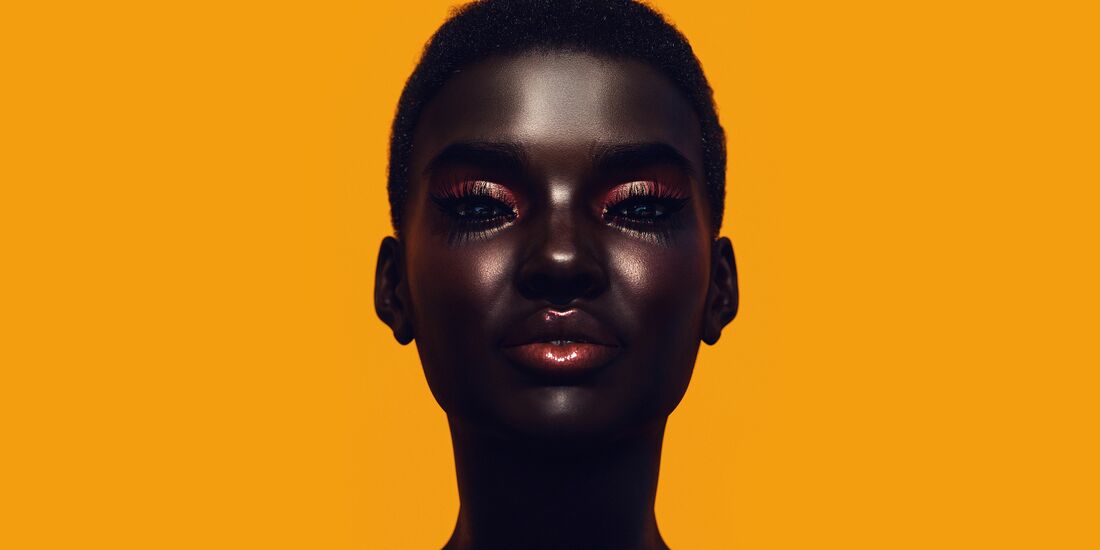
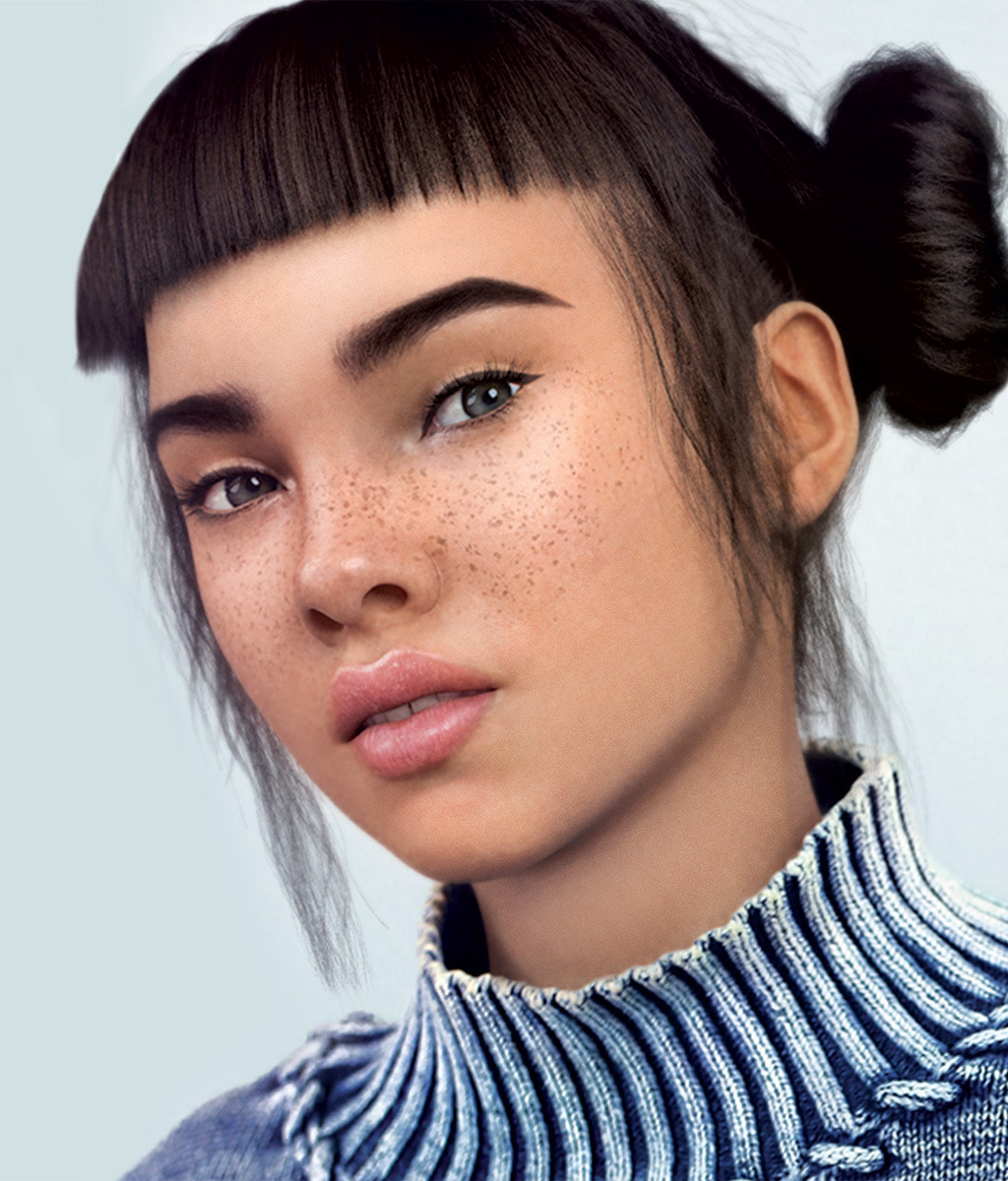
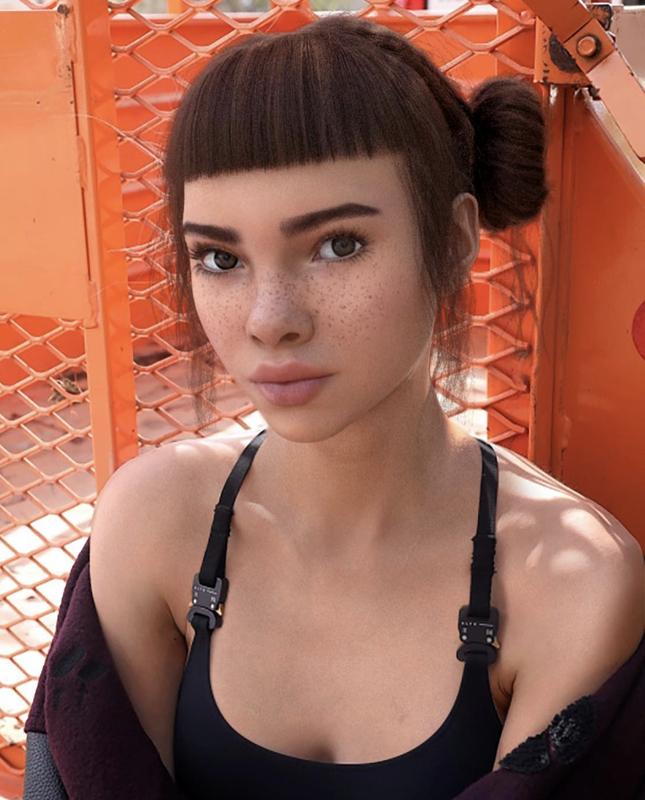
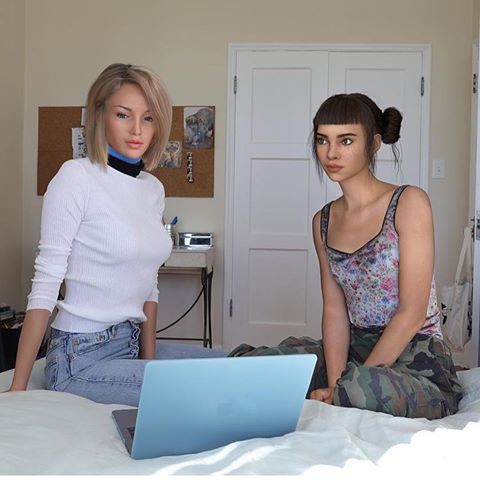

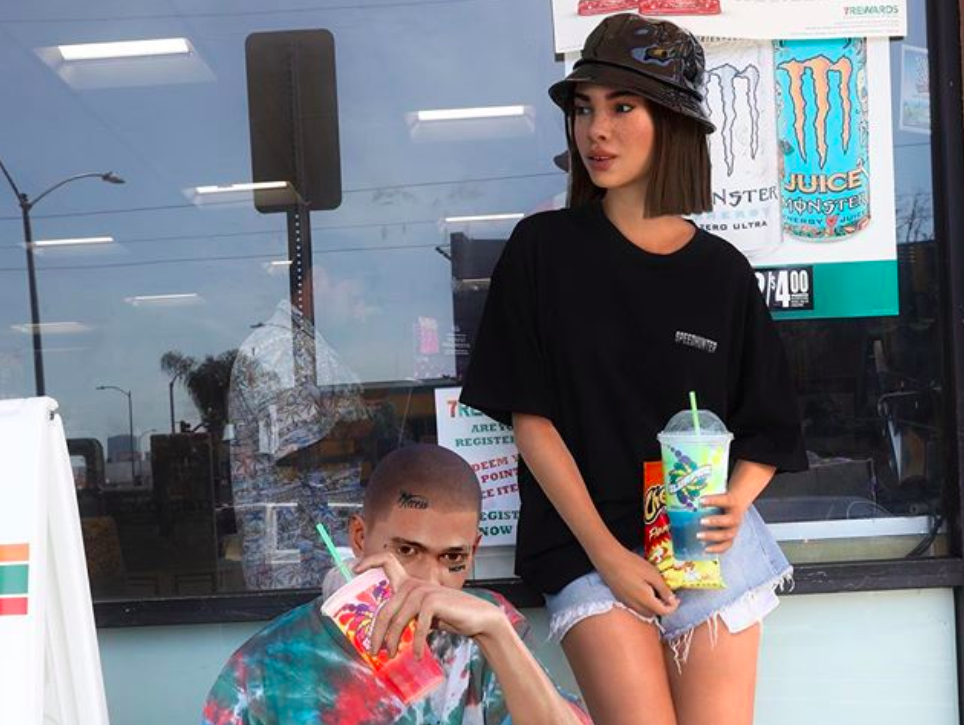
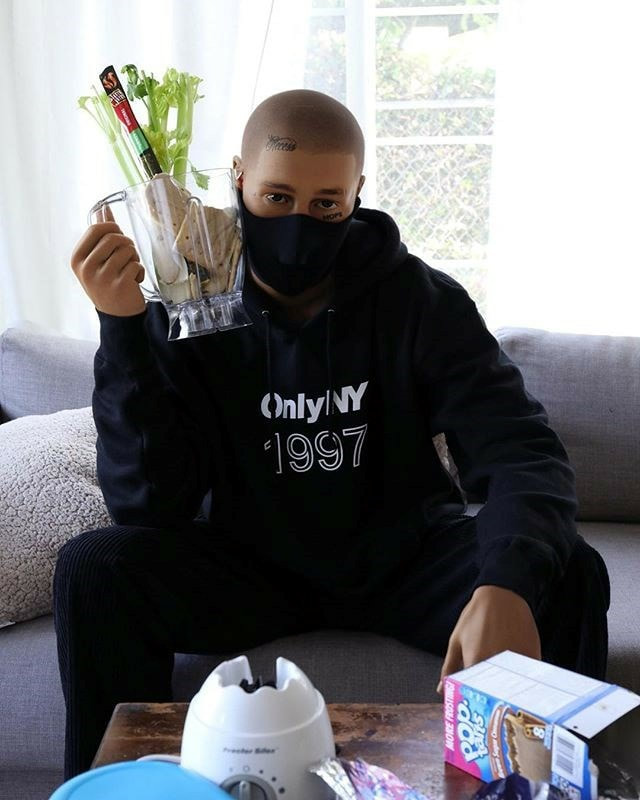
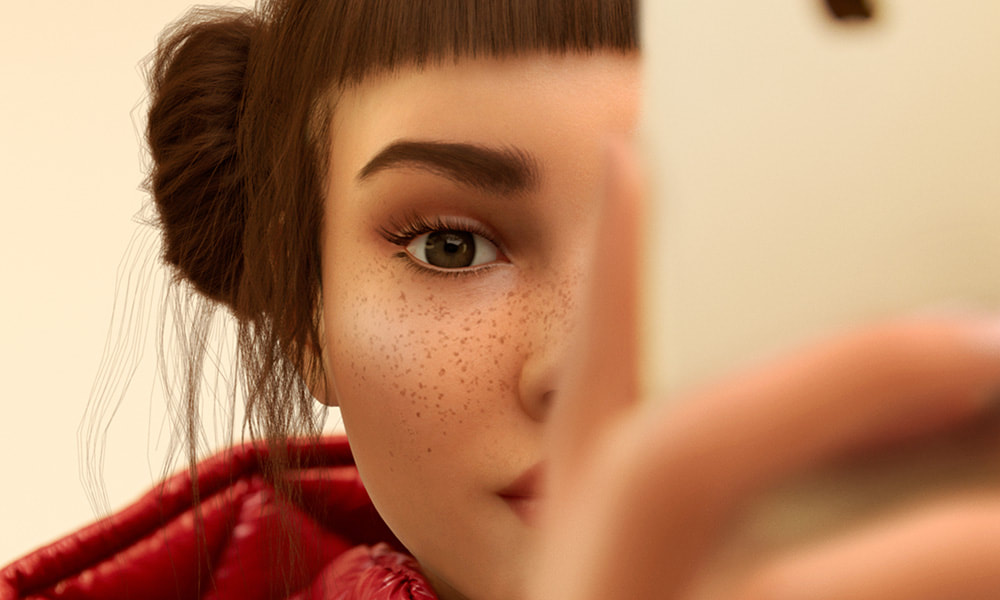
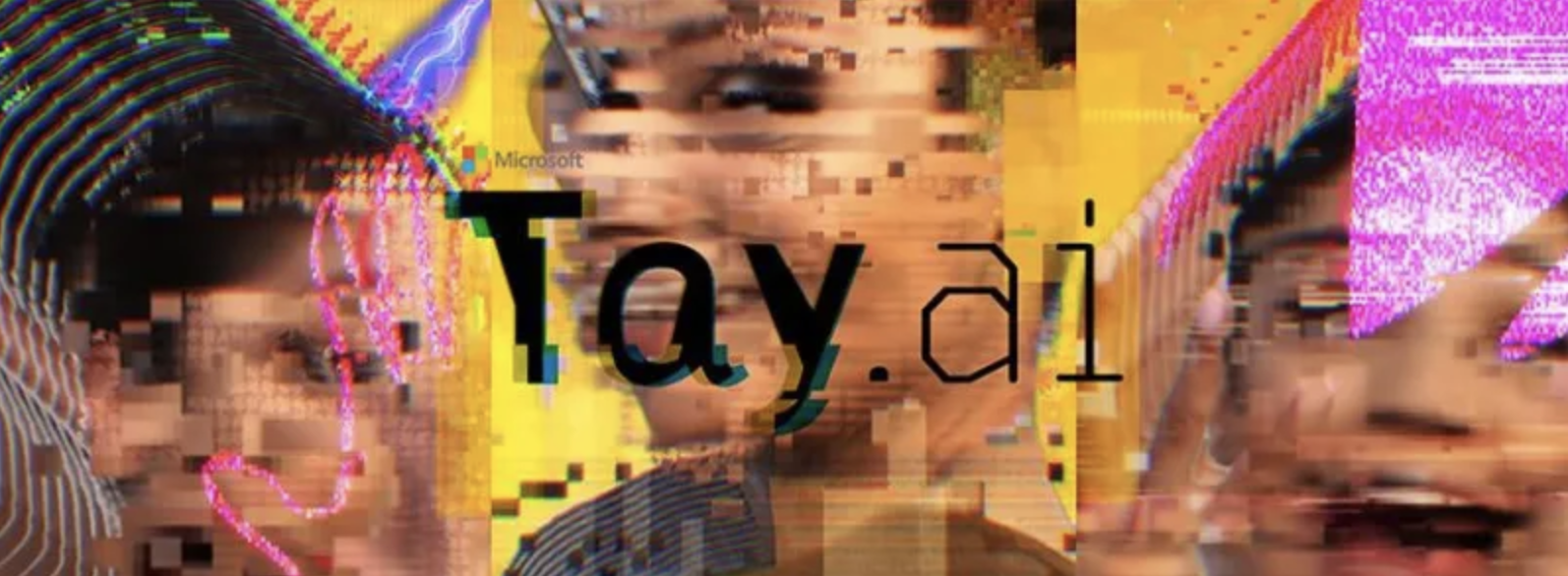
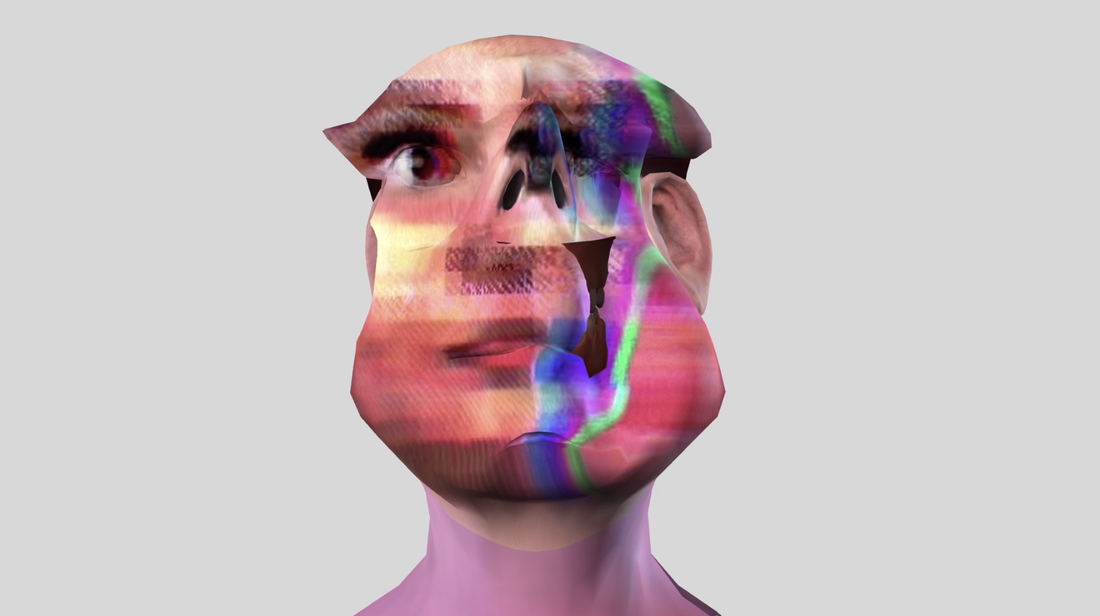
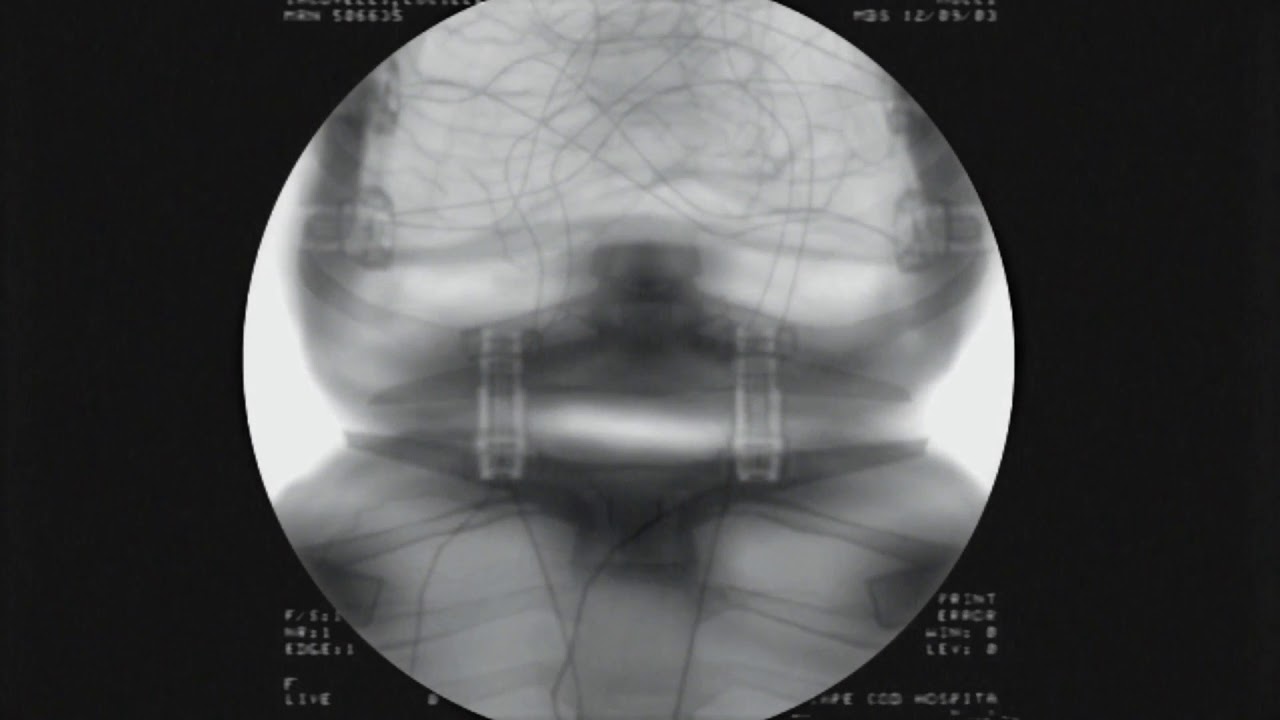

 RSS Feed
RSS Feed
